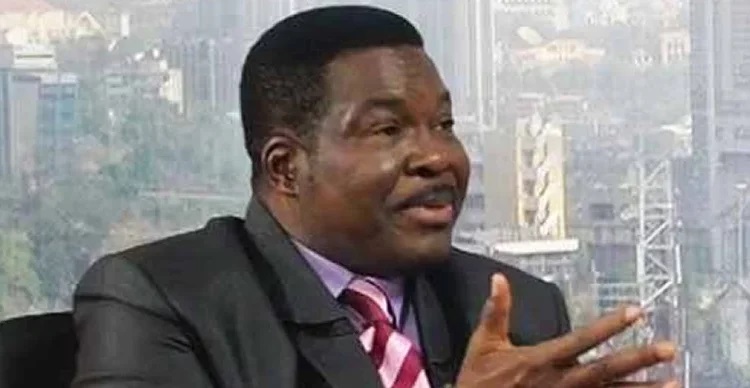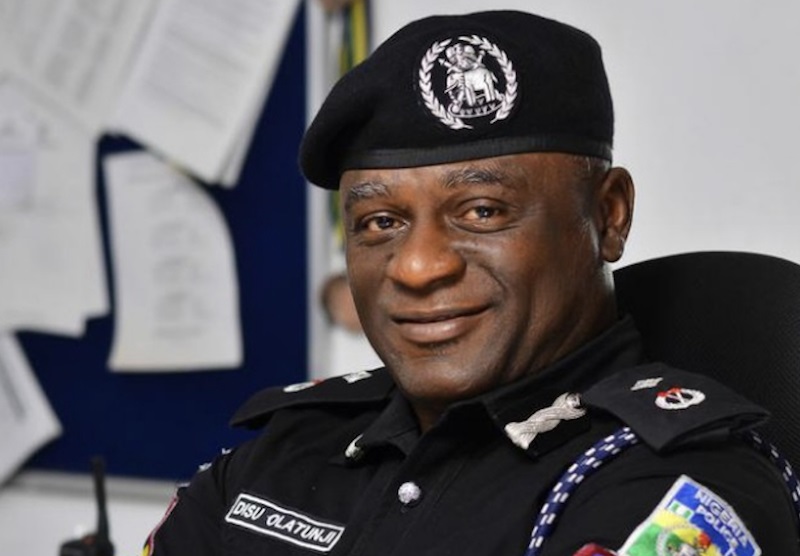Nigeria’s opposition party, the Peoples Democratic Party (PDP), is facing renewed internal turbulence, as fresh reports suggest Governors Douye Diri (Bayelsa) and Siminalayi Fubara (Rivers) may soon decamp to the ruling All Progressives Congress (APC).
This would follow similar moves by Delta State Governor Sheriff Oborevwori and Akwa Ibom’s Umo Eno, who both switched allegiance earlier this year. While Oborevwori secured the defection of a significant number of PDP officials with him, Governor Eno’s departure lacked such institutional support.
Despite public denials, political sources indicate that Diri and Fubara are engaged in behind-the-scenes negotiations with APC leaders. Governor Diri has reportedly met with key state and national actors to finalise his transition, though his predecessor, Senator Henry Seriake Dickson, remains staunchly opposed.
Sources say the refusal of four federal lawmakers in Bayelsa and two in Rivers to follow their respective governors into the APC has stalled official announcements. The lawmakers—Dickson, Fred Agbedi, Mitema Obodor, Marie Ebikake (Bayelsa), and Boma Goodhead and Awajinombe Abiante (Rivers)—are said to have rejected the offers, despite incentives including automatic party tickets.
In Rivers, Governor Fubara’s defection is allegedly linked to the resolution of his ongoing conflict with former governor Nyesom Wike. Though reports suggest his reinstatement hinges on joining the APC, the state party leadership, led by Tony Okocha, has expressed strong opposition to his inclusion.
Fubara’s media team has firmly denied that he approached federal lawmakers to defect. Commissioner for Information Warisenibo Joe Johnson challenged the authenticity of the reports, while former federal lawmaker Ogbonna Nwuke labelled the claims “false and unfounded.”
Meanwhile, speculation surrounding Diri’s intentions has grown since he attended the Lagos-Calabar coastal highway project inauguration—an event closely associated with the APC-led federal government. Diri, speaking at a gathering of Southern Ijaw leaders, said he would consult with Bayelsa citizens before making any political decisions.
Opposition parties accuse the APC of orchestrating internal crises within the PDP to dismantle political resistance ahead of the 2027 elections. The PDP itself has faced prolonged leadership instability, especially regarding the positions of national chairman and secretary—tensions that observers say have severely damaged internal cohesion.
In a related development, acting PDP Chairman Damagum has categorically denied intending to leave the party. Reacting to speculation over his political future, he accused “faceless individuals” of trying to tarnish his image. In a statement released by his aide, Nuru Shehu Jos, Damagum reaffirmed his loyalty to the PDP and blamed intra-party blackmail for the rumours.
“The party in Yobe remains strong and united,” he said, urging members to support reforms aimed at strengthening the PDP ahead of the next elections.
As defections loom and political fault lines deepen, the PDP faces a defining moment that could either rejuvenate or unravel the party’s relevance on Nigeria’s national stage.





